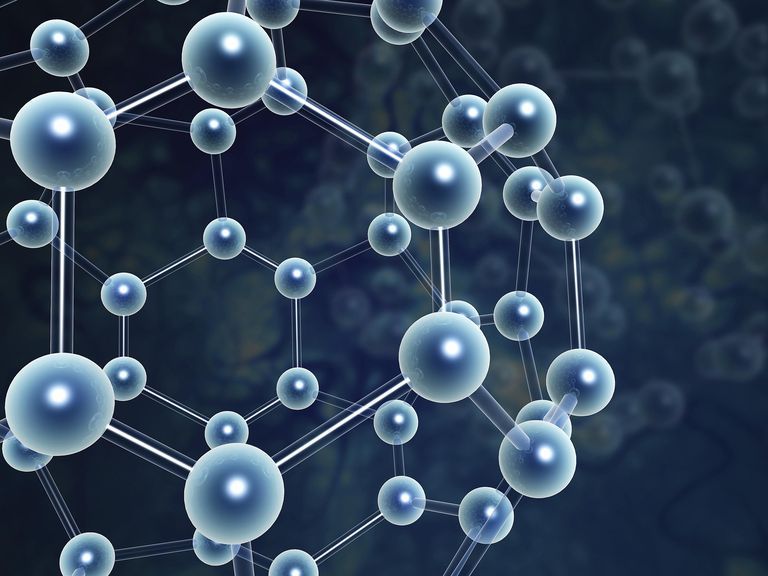For any engineering student, JEE Main is the most crucial exam. It serves as a stepping stone to India’s top-tier colleges, the IITs and NITs. This is why, despite the limited number of seats, approximately 11 lakh candidates sit the exam each year. Of the three components of the paper, chemistry has the highest score. That is also why many students take it for granted.

During the first section of the JEE, experts seek to present students with a perspective on the exam (Mains). The article at hand is from the Chemistry section of the periodical. It will teach students about the top scoring sections, techniques, books to read, and other important things that will help them enhance their grades.
JEE (Main) is a three-part objective test with three sections. Physics, Chemistry, and Mathematics are each assigned three subjects A, B, and C, not necessarily in that order.
Each component is made up of two sections: Section-I and Section-II. Section I includes 20 multiple-choice questions (MCQs) with one correct answer, whereas Section II includes ten numerical value-based questions, only five of which must be answered. All questions in the Chemistry portion, as well as the Physics and Mathematics sections, are worth four points, for a total of 100 points.
Most students say the Chemistry section is the easiest because it is fact-based. A sufficient number of questions can be answered by memorizing the material. This section’s marks may be used to determine a student’s rank. Furthermore, almost every question is based on the NCERT books, hence it is necessary to read through them.
When studying for the chemistry section of JEE Mains, keep the following tips in mind:
1.Study all three sections of chemistry thoroughly-
Remember that all three components of chemistry are interconnected; you cannot ignore any of them, so you must study and know all three. If you want to do well in this subject, you must understand each component thoroughly. Begin with Physical Chemistry before going on to the Inorganic and Organic Sections.
2. Time Management-
You must learn how to make the most of your time. To do so, you must analyze the entire curriculum across all sections to identify which topics should be prioritized. Based on your assessment, you can create a study plan and schedule time for each chapter. Streamlining your learning experience and completing the course faster can be beneficial.
3. Practice and give mock tests-
To do well in JEE, you must learn all of the chapters, understand all of the ideas, revise, and so on. You should spend as much time as possible practicing numerical problems and answering questions. For accuracy, you can solve past question papers and take online mock examinations. As you practice giving model tests, you’ll have a better understanding of your strengths and weaknesses. As a result, you can organize your studies accordingly.
4. Learn Periodic Table, Formulas, and equations-
If you’re just getting started in Chemistry, a large-scale poster of the Periodic Table should be displayed in your study area. Never try to recall a reaction; this is a bad habit to get into. Instead, strive to comprehend the entire mechanism behind each behavior. It is critical to fully comprehend reaction mechanisms, particularly in Organic Chemistry. All of the formulas for Chemical Bonding, Equilibrium, Kinetics, and Radioactivity must be memorized.
5. Clear your doubts-
Your teachers seek out persons if they have a doubt. They are quite familiar with you and will assist you whenever you require assistance, whether it is subject-related or not. If you don’t have the time or access to ask your teachers, you can use the DoubtBuddy app. It is the best doubt-solving app that provides instant and 24/7 solutions to all your problems. There are some of the best tutors there to guide you through your studies.
Check out more articles from us- https://blog.doubtbuddy.com
Check out our website- https://doubtbuddy.com



